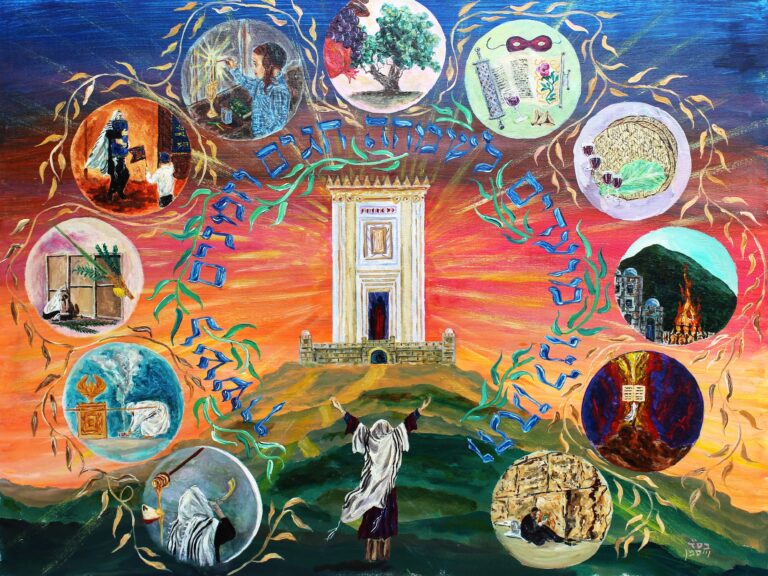What the Debate Was Really About

The Brothers Ate Eiver Min ha-Chai?
When beginning the story of Yosef, the Torah tells us (Bereshit 37:2): וַיָּבֵא יוֹסֵף אֶת־דִּבָּתָם רָעָה אֶל־אֲבִיהֶם (And Yosef brought their defamation to their father). Much has been written about how the brothers defamed Yosef, but what was at the root of their disagreement with him? Rashi lists three disagreeable things that Yosef saw in their behavior that he spoke about to Ya'akov. The first one in Rashi's list is שֶׁהָיוּ אוֹכְלִין אֵבֶר מִן הַחַי (that they ate eiver min ha-chai).
How can we understand this? One opinion is that the brothers already considered themselves to be full-fledged Jews even though the Torah had not yet been given, whereas Yosef still considered themselves to be B'nei Noach. Although eiver min ha-chai is forbidden to both groups, there is a difference between the two when it comes to removing meat from an animal that had been ritually slaughtered but was still thrashing about. For B'nei Yisrael, the flesh of such an animal may be cut off immediately and prepared for consumption; however, B'nei Noach must wait to remove any flesh until the animals stops moving around. Another opinion is that the brothers were eating a ben pekua, a baby animal found inside its ritually-slaughtered mother. Such an animal is permitted without further ritual slaughter. Yosef may have seen them eating such an animal, not knowing that the animal was a ben pekua. Other explanations have been suggested, but this is not the place to go into detail.
Based on what we have learned from Likutei Moharan II:83, we can offer a different explanation for the debate. Yosef held that one's avodah and fulfillment of mitzvot must be accompanied with bizyonot. His belief was that there can be no aliyah to our avodah or mitzvot unless they are accompanied by the 'spilling of blood.' However, the brothers held that there was no such necessity. They claimed that it was possible to fulfill mitzvot from a position of wealth, prestige and honor.
If Yosef was right then he would need to prove the veracity of his claim. Sure enough, Hashem arranged for him to do just that, not only to his brothers but to the whole world, then and forever. He was disgraced and humiliated by being sold by his brothers, by becoming a slave in Egypt, and by enduring the advances of Potiphar's wife. In the end, he spent 12 years in a dungeon, all the while never giving in to depression or sadness, but only serving Hashem through joy. In so doing, he was the one who became the Tzaddik, demonstrating this true path for all of our tzaddikim throughout the generations.






